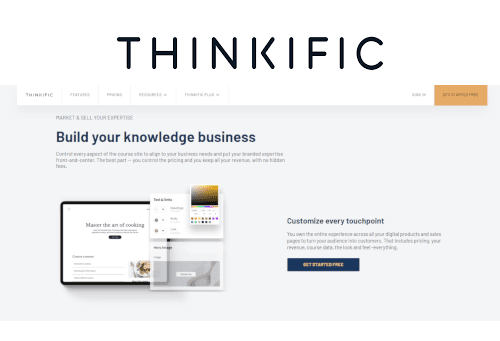Our content is reader supported, which means when you buy from links you click on, we may earn a commission.
How Launching an Innovative Course Helped Danilo Godoy Become an Authority in SEO and Content Marketing
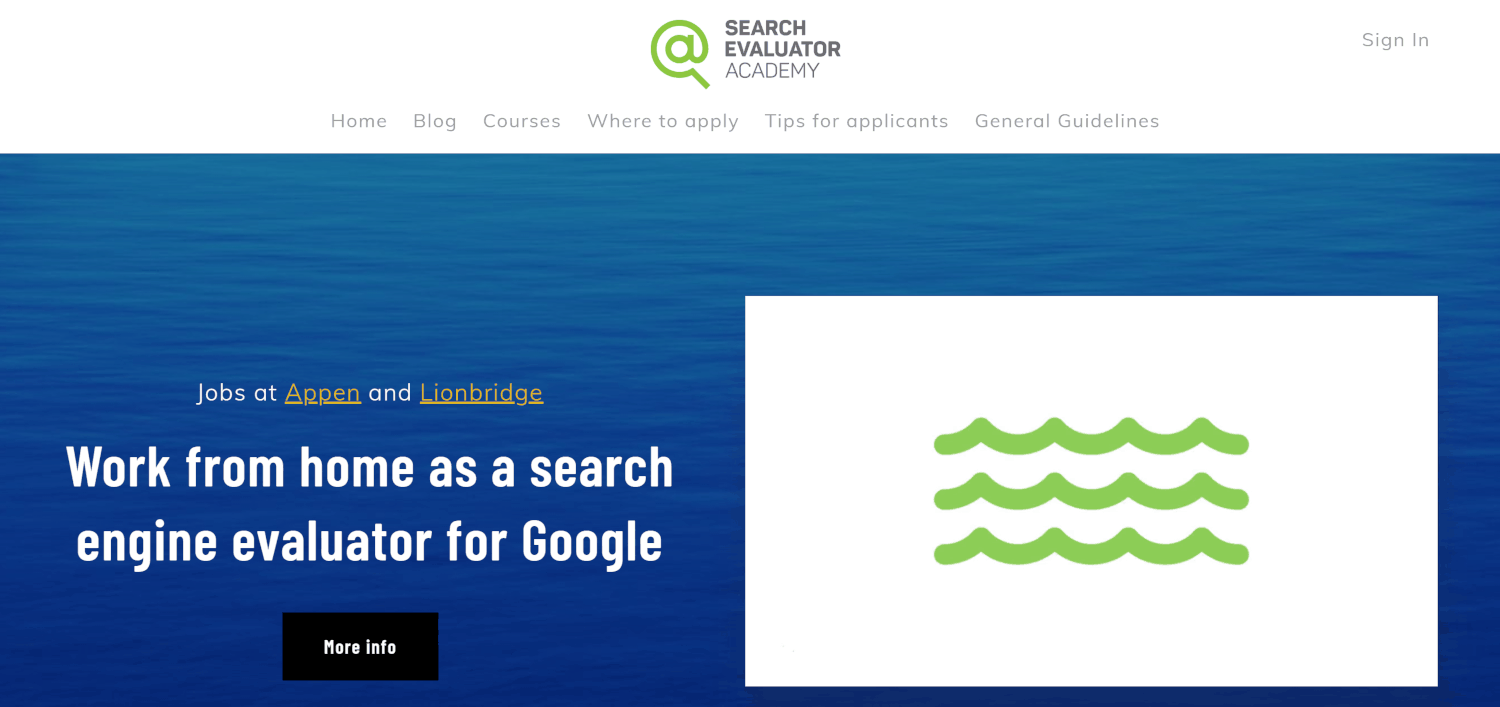
- Who: Danilo Godoy
- Website: searchevaluator.com
- Course Topic: Search engine results evaluation
- Interesting Stats: 650 registrations/month
Who are you and what course have you created?
My name is Danilo Godoy and I’m a former Google search quality evaluator.
Search engine evaluators (aka web search evaluators, search quality raters, Google raters, etc.) include home-based workers the search engine companies contract with to provide feedback. These evaluators help Google, Bing, and other search engines confirm if tweaks in the algorithm return better results. These include more relevant and better quality results.
I created a new methodology to evaluate the relevance of web search results. I call this methodology the SEA Model. SEA stands for Search Evaluator Academy. I also use the “sea” as the course theme to present the content in a way that is more didactic, more elegant.
 What market does your online course serve?
What market does your online course serve?
The course focuses on candidates preparing for Google’s search engine evaluator exam. But SEOs and content marketers can also benefit from it. Basically, anyone who wants to learn how to measure the relevance of a web search result can benefit from the course.
What’s the biggest benefit of taking your course?
I developed the SEA Model as an alternative methodology for web search evaluation, which should be used as a complementary resource to Google Raters Guidelines. It’s not a substitute for reading and understanding Google’s guidelines thoroughly. It does help raters assign the most accurate rating possible by organizing all the key elements that influence the relevance rating. It’s also much more entertaining than just reading Google’s guidelines.
By taking the course, aspiring Google raters can learn how to think like experienced evaluators, even if they have absolutely no experience in this field. For learners that already work as a search engine evaluator, the course helps them dramatically improve their performance and rating skills by bringing to them specific techniques, tips, and tricks that I developed as a top-performing Google evaluator.
How did you get into the market?
When I first learned about search evaluation, I was in a transition period in my career. I was struggling to materialize some startup ideas and ended up with no money and no business whatsoever.
Broke, I needed a part-time job I could do from home. I needed a job that could bring in some money while allowing me to invest additional time in my own projects and business ideas. I already had a corporate job before, and I was looking to change the path of my career by going after my own business ideas.
After a couple of weeks of working as a search engine evaluator, I realized how much potential the field had. I mean, the topic was hugely important – determining a relevance rating for web search results – and there was so much opportunity for improvements on how to approach that task.
Google’s guidelines were OK, but only through extensive experience as a rater could one realize the flaws and missing pieces in that process. I doubt Google engineers noticed the things I noticed. For some reason, I felt compelled to vent my ideas and create the model I envisioned.
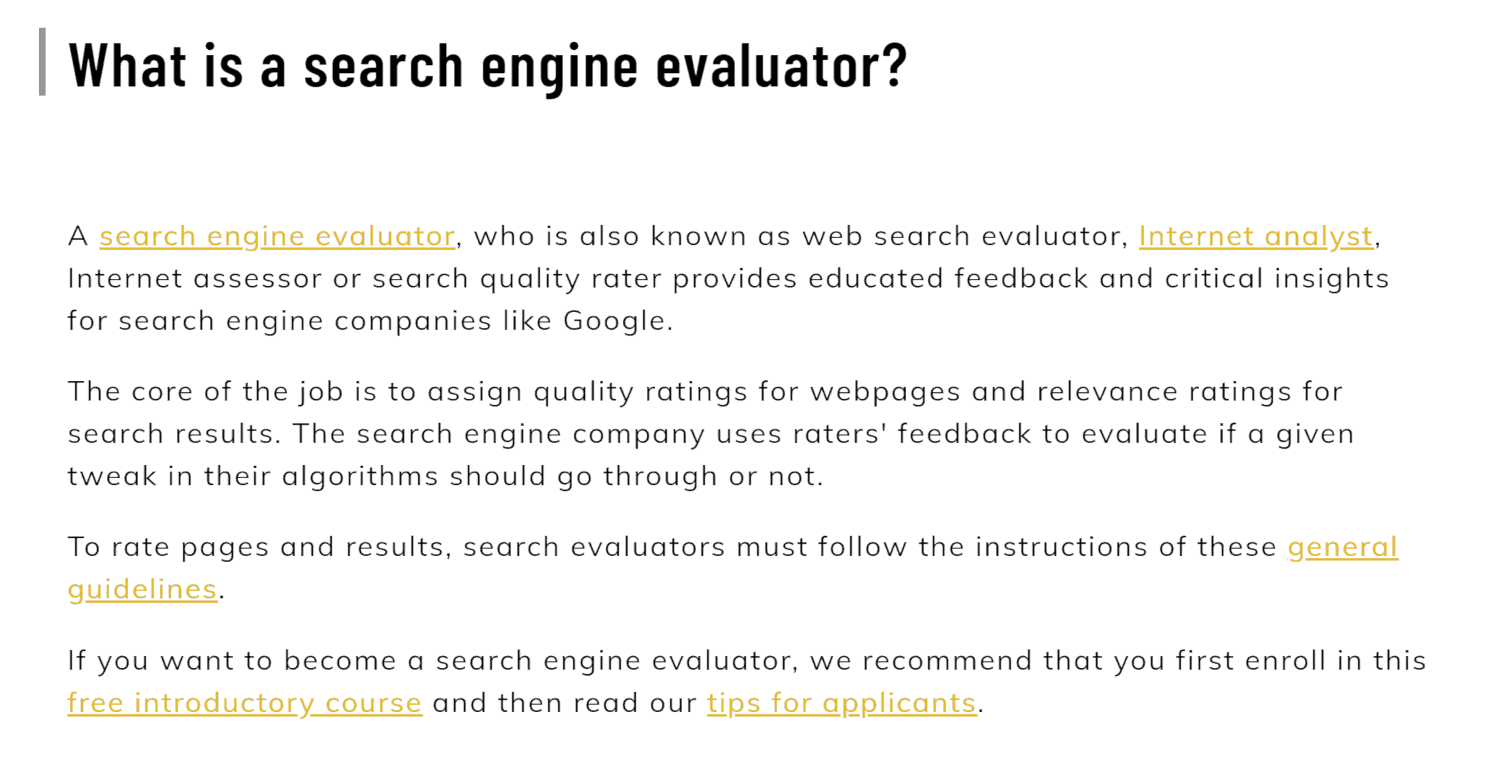
Why did you decide to create an online course in the first place?
As an evaluator myself, the more experience I gained, the more gaps I found in the process of assigning the best possible rating for a search result.
To me, it seemed there should be an alternative and more efficient way to explain how to perform that task at its best, and that became a personal challenge to me. So I became obsessed with creating a simple yet comprehensive method to solve the problems I found. I also wanted to make it as entertaining, didactic and precise as I could, something lacking in the current training based on my own experience as a rater.
Although I knew the market for a search engine evaluator course was very limited (in fact, there was no such kind of course at the time), I felt that creating the course would open doors for me.
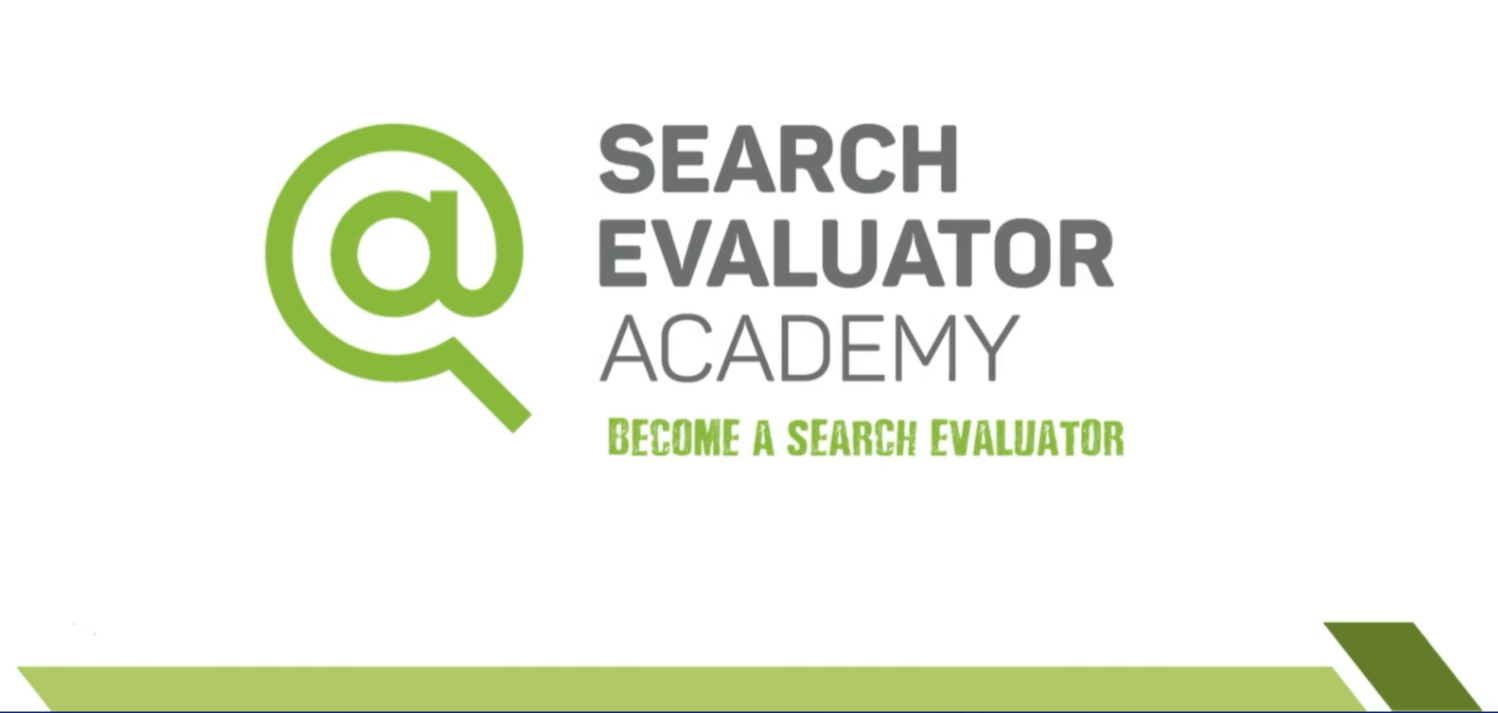
Has the course opened doors for you?
Definitely! By launching the academy, I’ve established myself as an authority in web search evaluation. Search evaluation is fundamental to modern SEO and Content Marketing.
I find it very interesting that many SEOs regarded as specialists in Google’s search quality rating guidelines have never worked as search quality evaluators themselves. It takes much more than just reading the guidelines to master search evaluation.
After launching a consulting business for digital marketing agencies and writing and contributing to many articles for this audience, I’m now bringing my perspective as a rater to SEO and content strategists.
Did you have any moments of doubt before you created/launched it?
There were many moments of struggle. They mainly stemmed from the challenge of creating a model that was worthwhile as well as entertaining, didactic, comprehensive and accurate. Often I’d have to include something on a specific chapter that was already finished (e.g. a new “variable” in the model), and that would also affect many previous lessons that were already finalized. This was very frustrating as it demanded the extra effort of rework.
There was also the challenge of putting everything together by myself. This included creating the script for recording the audio, building PowerPoint slides, and making video lessons out of the whole process. Lastly, I created quizzes and learned how to make the best use of online platforms and other tools.
Of course, with all these challenges there are times when you ask yourself: “Is all of this really worth it?”. In my case, it was very difficult to assess the market potential. Google gives very little information about its search quality rating program. It’s not clear how many new raters apply per month, how many are admitted, etc.
I only did it because I was not really concerned about how many courses I would sell. What motivated me was the determination to bring something innovative to this field. I knew that by doing so I would be forging a path for other opportunities to come my way.
What’s your online course like?
The course is primarily based on PowerPoint video lessons, but it also includes text lessons. Quizzes are presented at the end of most chapters to help students retain the information that was presented.
How long did it take you to create your course?
It took me over 2 years to put the course together, which I’m sure is much longer than average. The reason why it took so long is that my main motivation was centered in creating a good model, and that was only possible through extensive experience as a search evaluator, which takes time. It required a lot of creativity also, and that’s not something you can force or schedule.
The process consisted of the following:
I first focused on the course script. This included creating many paragraphs of text in a Word file. It also included defining a course structure (e.g. chapter content, order, etc.) that makes sense to deliver a good narrative.
After about 75% completion of the script, I defined a list of icons that I would need in order to nicely illustrate the course content in a PowerPoint presentation. A designer helped me with the icons. Then I focused on both creating the PowerPoint presentation for the video lessons (including animation, transitions, etc.) as well as finishing the course script.
The next step was recording the audio and editing it to select the best parts and remove the noise.
Then I would screencast the PowerPoint presentation and join it with the audio through a video editor software.
After finishing the process of creating the video lessons, I started uploading them to the course platform. I created the content to display in the platform, organizing it on specific pages.
I also created the quizzes included at the end of each chapter.
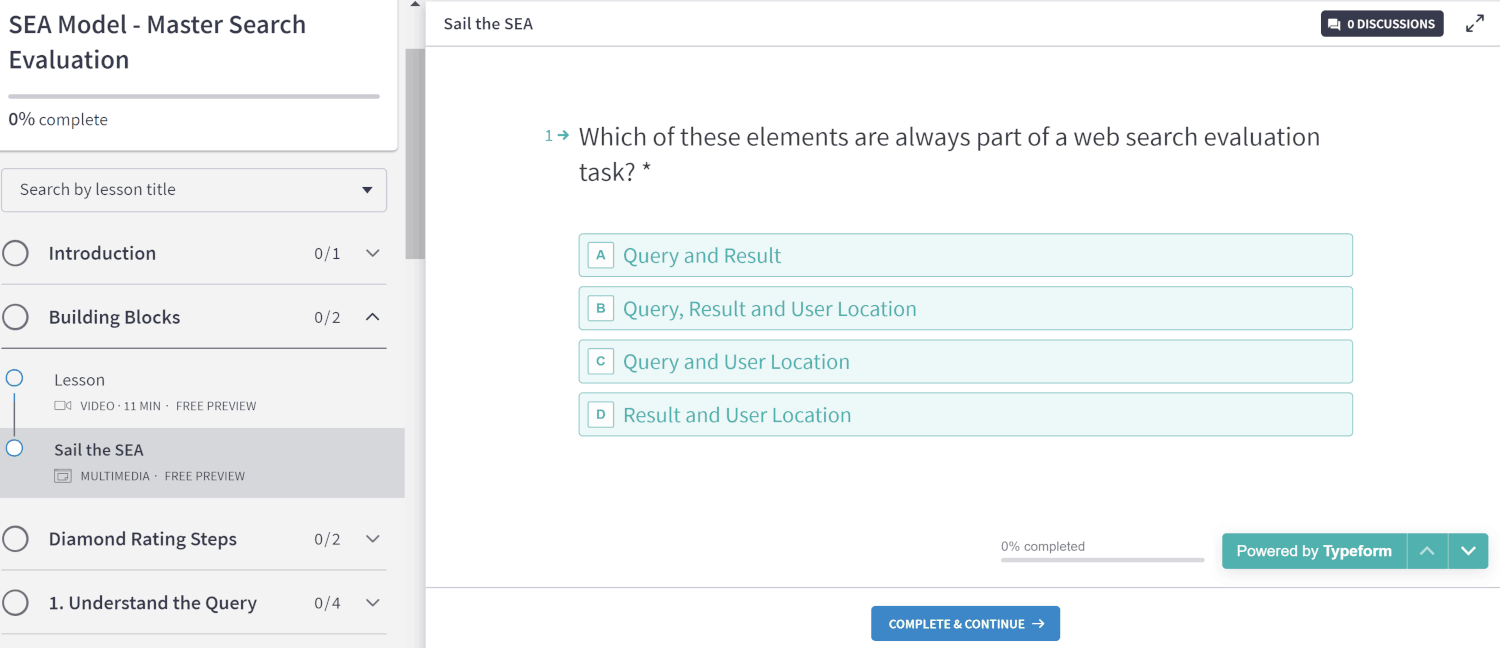
Tell us a little about the process of launching your course and getting your first sale(s).
Launching the course is just the starting line.
Among other things, I accomplished this by answering questions in Quora, by trying to make a mention of my course on job listing websites, and by advertising it through Google Adwords.
I also began to deploy an SEO strategy. That way it could start ranking organically for my target audience. This included creating a blog to target some specific queries.
Do you have a lead magnet?
Yes, all my courses have free trials. The introductory course is free.
I think this is important not only to generate leads but also to let the students get a grasp of what the content looks like. That way they can make a decision about whether the course is right for them.
What’s the traffic strategy that works best for you?
My blog brings in the most amount of traffic for me. I create content that specifically targets what my audience is looking for. In the marketing funnel, the blog is what attracts users and bring awareness about my products.
Users engage with educational resources on the blog, where I also offer free trials to help with conversions.
Today, about 60% of my organic traffic comes from the blog.
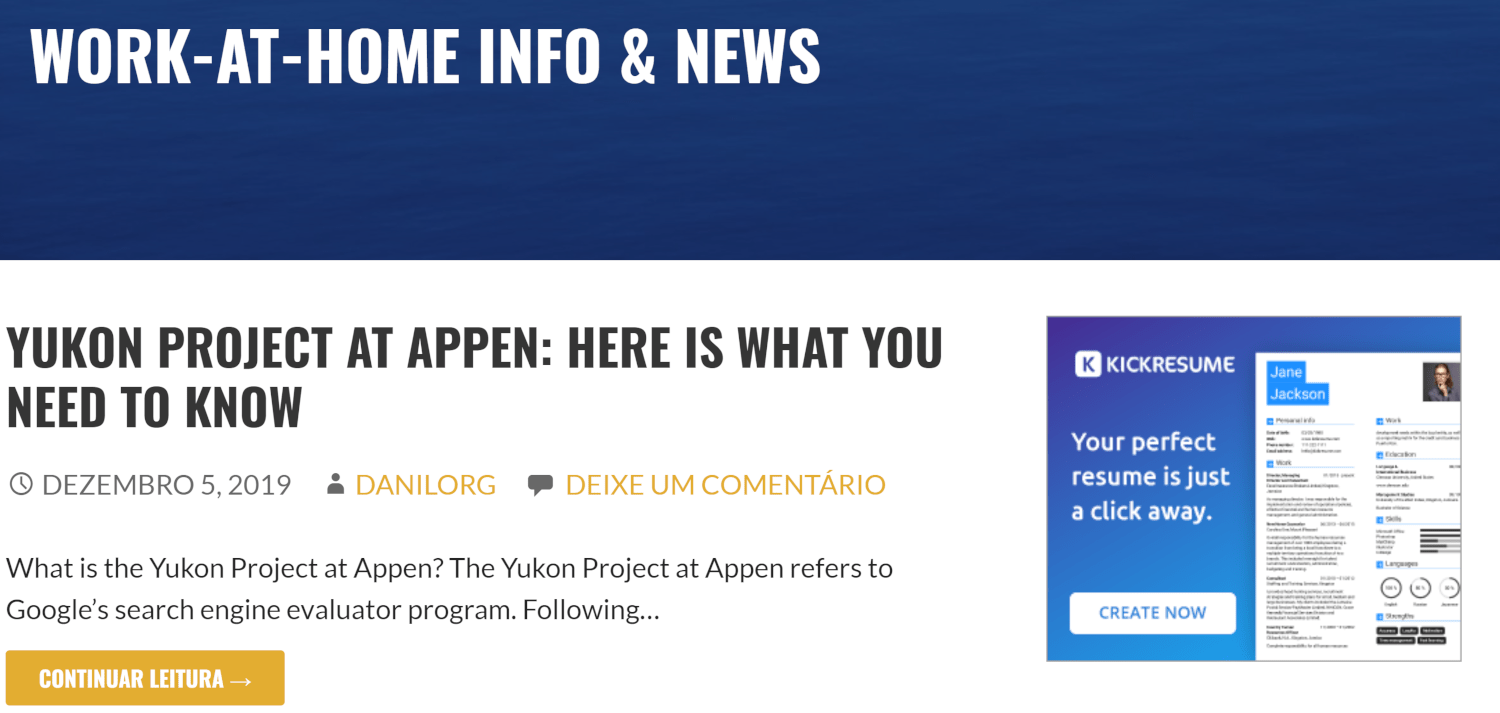
What online course platform are you using?
I’m using Thinkific and generally, I like it. From all the options I explored before launching the website, I believe Thinkific was the best course platform for my needs.
Take a Look at Thinkific!
Thinkific is the most popular online course platform used by successful course creators interviewed on coursemethod.com. It’s a complete solution for creating sales pages, uploading all course content, taking payments, and more.
- Price Range: Free to $499/month
- Most Popular Plan: Pro Plan at $99/month
- Annual Discount: Yes, take 20% off!
- Free Trial: Try out Thinkific’s core features for free.
Are there any features you wish it had?
Absolutely, especially SEO related features. They are getting better, but I still think there’s a lot of room for improvement. I believe their competitors are even worse, but honestly, I haven’t tried the other platforms.
What made you decide to use your chosen platform over others?
Their features met what I needed at the time. I really benefit from their extensive list of built-in integrations.
What other tools do you use to run your online course business?
- Typeform: for quizzes
- PayPal: as my payment gateway
- WordPress: for the blog
- Mailchimp: for email marketing
Please tell us a little about what the money you’ve earned from your course has done for you.
The money I earn helps pay my bills, and I also use it to invest in my consulting business.
The market for a search engine evaluator course is very limited. Instead of worrying about making lots of money with the course, I’m more concerned about recognition as the #1 authority in search evaluation.
Today, for example, I can write articles for the best digital marketing blogs out there because their audience is interested in my unique perspective on SEO and Content Marketing. I don’t think I would have this chance if I had not launched the academy in the first place.
In short, the businesses and opportunities I generate from being an authority on this niche far surpass what I would be able to make from just selling the courses.
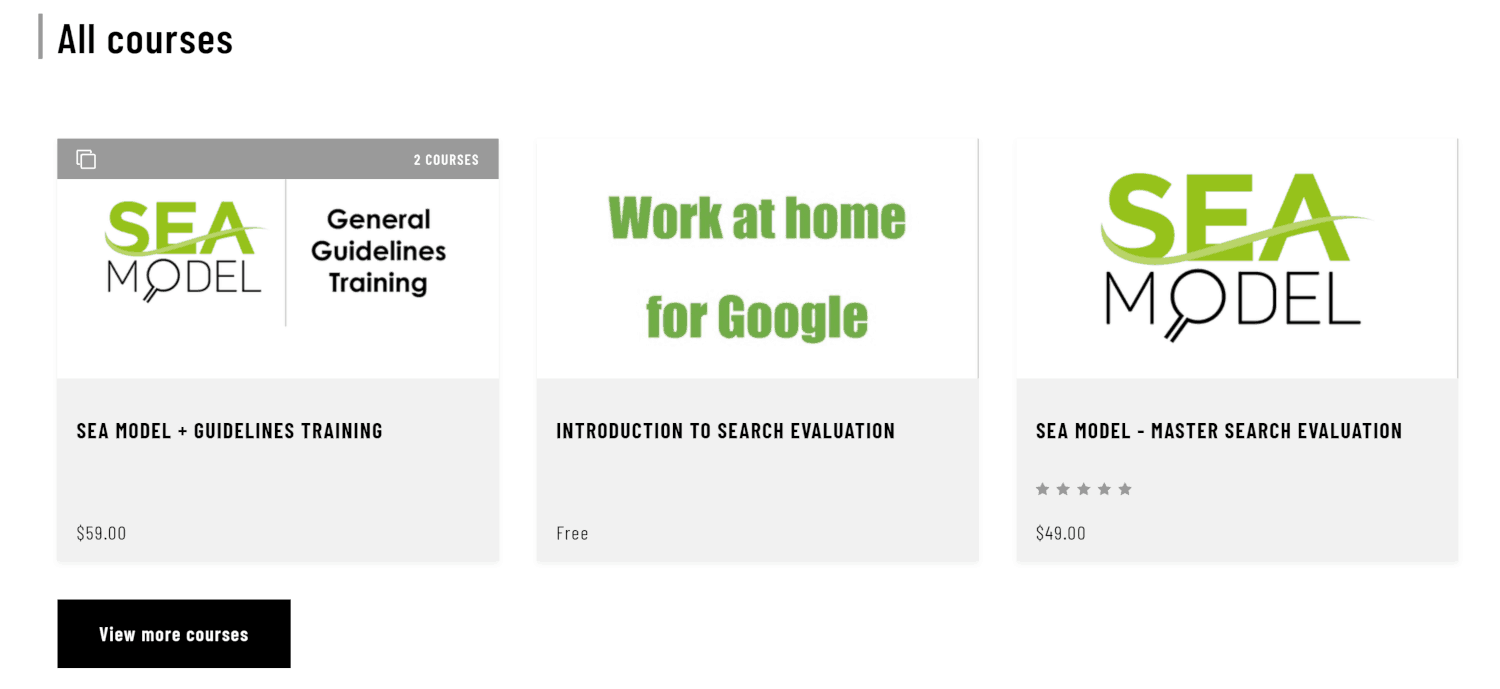
Are there any interesting stats you would like to share?
I’d like to share some numbers to show how the traffic of different quality has a different value and also to show how important metrics can be for product strategy.
For about a year, from October 2018 until July 2019, I was getting an average of 650 registrations each month. Registration means that a new user not only visited the website but also signed up through their email. User registration is a type of conversion metric. Once you have the user’s email you can nurture that lead, which increases the probability of a sales conversion.
Independently of how I attracted the user to the website, my registration rates range between 10% and 15% of visitors. During the above-mentioned period, my monthly expenses with Google Adwords were pretty much stable across all months.
Eliminated Ad Spend
Starting in August 2019, I decided to eliminate my ad spend and see how that would turn out.
As expected, my traffic dropped almost 80% as paid search was responsible for most of my acquisitions. However, this did not impact my sales conversions.
My ad spend was bringing me “low-quality visitors” with a very low sales conversion rate. And I already knew that.
I had decided to pay for traffic volume despite quality because I had affiliate programs on my website. I made a small profit with low-quality visitors (e.g. who were cheaper for me to acquire, were from poorer countries and used more generic keywords like “work from home” for example). But I couldn’t drive the same amount of traffic from higher quality ones, which also cost me much more.
In the end, I realized that the small amount of profit I was making through the affiliate programs with cheap traffic was not making up for the fact that I was “polluting” my registration list with users much less likely to convert.
If I had a more mature process in place, I could segment those visitors and nurture them differently through the sales funnel. Since I don’t have this in place, I eliminated ad spend for now.
I noticed since I decided to add cheaper mini-courses in the academy, the number of converted users slightly increased, but my total revenue actually decreased!
While in the past they only had one paid course to choose from and one price to pay, they were now being able to choose between many other options that were much cheaper and, in the end, my total revenue went down.
To get around this, I consolidated many of those cheaper courses into one. That way my students experience less confusion on what course to buy and my average ticket price increased.
What has creating your course done for you personally?
When I first thought of creating a different methodology for web search evaluation in a course format, I knew it was a bold idea since no one has ever come up with anything like that. Not even people inside Google, as far as I know.
I accomplished something that I’m proud of. Few things are more satisfying than venting our ideas and achieving a challenging goal. - Danilo Godoy Click To Tweet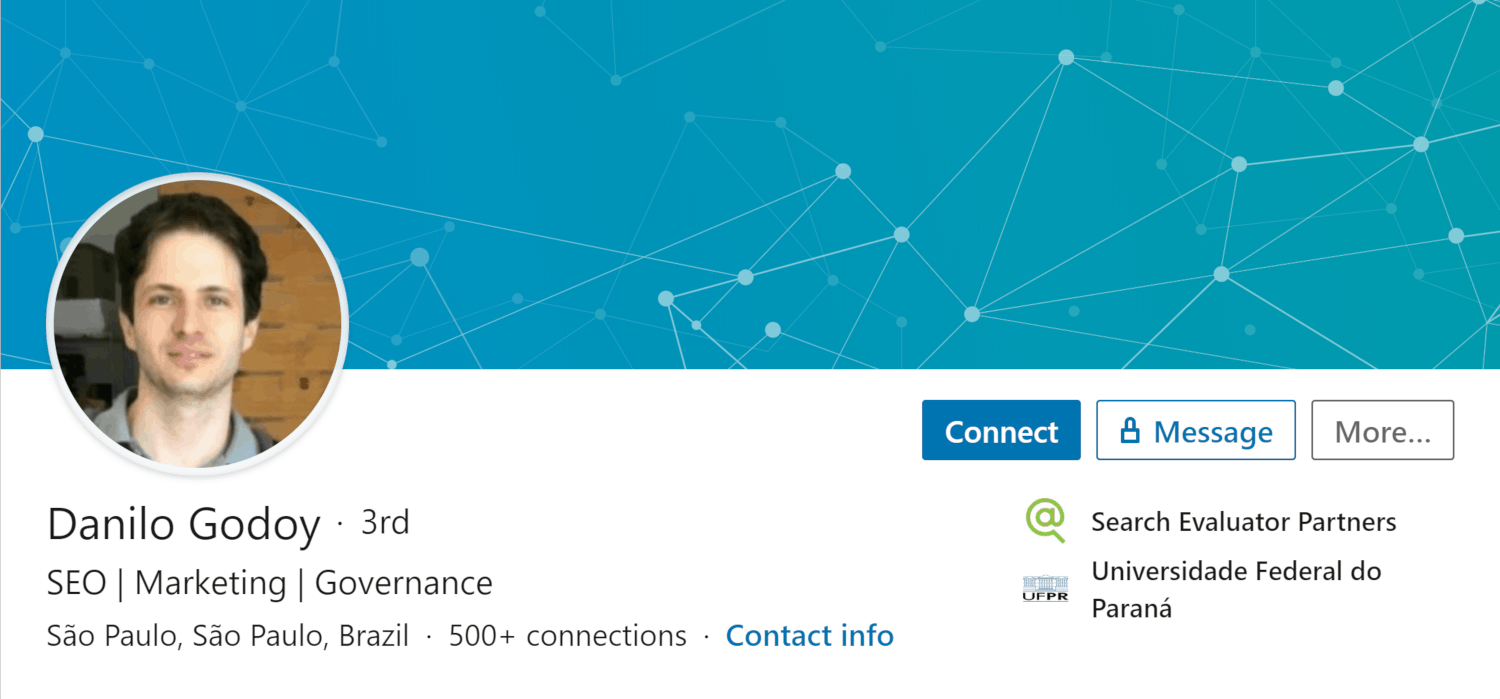
Do you have a story of a transformation from any of your clients?
The courses I make available at the Search Evaluator Academy have helped many candidates pass the qualification exam and gain employment as a search engine evaluator. It’s great knowing my work contributed to people getting a work-from-home job they wanted.
What advice do you have for people just starting out?
Your focus, in the beginning, should be on creating the course script, which in my opinion is the most important part of course creation. A detailed, high-quality script will serve as the basis for the other steps.
Your course script is like the course soul as it is where you define WHAT you will communicate to your students and HOW you will do that. - Danilo Godoy Click To TweetAre you going to use a tone that is fun and entertaining? Or do you prefer to sound more technical and formal? How are you going to structure the course content? How to divide this content into chapters that are logical and engaging? These are the types of questions you need to ask yourself when creating the course script.
Course Outsourcing Tips
You can outsource some things, but others you can’t. For example, after I came up with a reasonable version of the course script, I hired a designer to create some icons to illustrate the script. I delegated this just fine.
However, I do not recommend course creators hire a third party for content editing, for example. This step, just like the course script, represents the soul of your course. It impacts how you communicate with your students. Therefore, if you plan to launch a course based on video lessons, I recommend you grasp some knowledge in all the tools that will support your content editing. This includes a presentation program, an audio editor and recorder, and a video editing software.
Course Structure
I suggest you structure the course in a way that allows you to easily update it. In most cases, course creators will inevitably have to update their material. Depending on how you structure your course, updating will either be easy or a burden. For example, if there is a specific point on lesson 9 that was previously introduced or mentioned in lessons 2, 3, 4 and 7, you will have to rebuild the script and video content of all those other lessons in case you want to change or update that point.
The more you can organize the course content in small, independent “building blocks”, the better. - Danilo Godoy Click To TweetLast but not least, research the available platforms for online courses to choose the most appropriate solution for your project. If you’re looking to create a course that includes quizzes with logic jumps and calculations, make sure you opt for a platform where these functionalities are made possible, either natively or via integration. Switching between platforms is difficult and, most likely, not worth it once you publish your course.
Choosing the right solution is a crucial part of a successful course creation strategy. Be aware that this process may trigger some trade-off. When deciding on a platform you’ll opt for some attributes and features while sacrificing others.
Learn more about Danilo Godoy and his search evaluator courses:
- Website: searchevaluator.com

